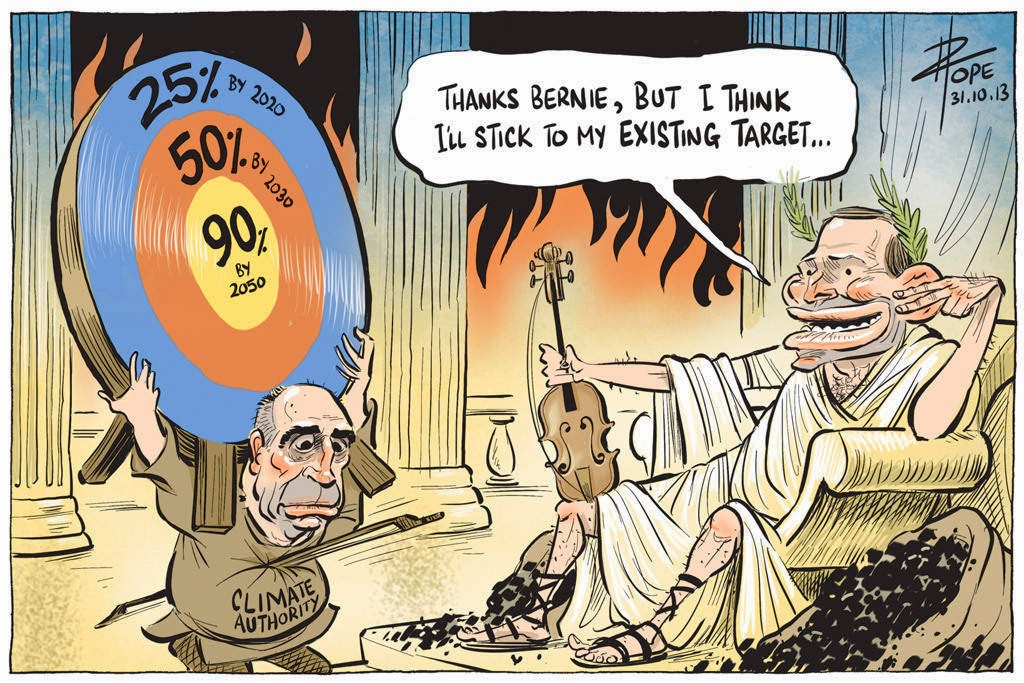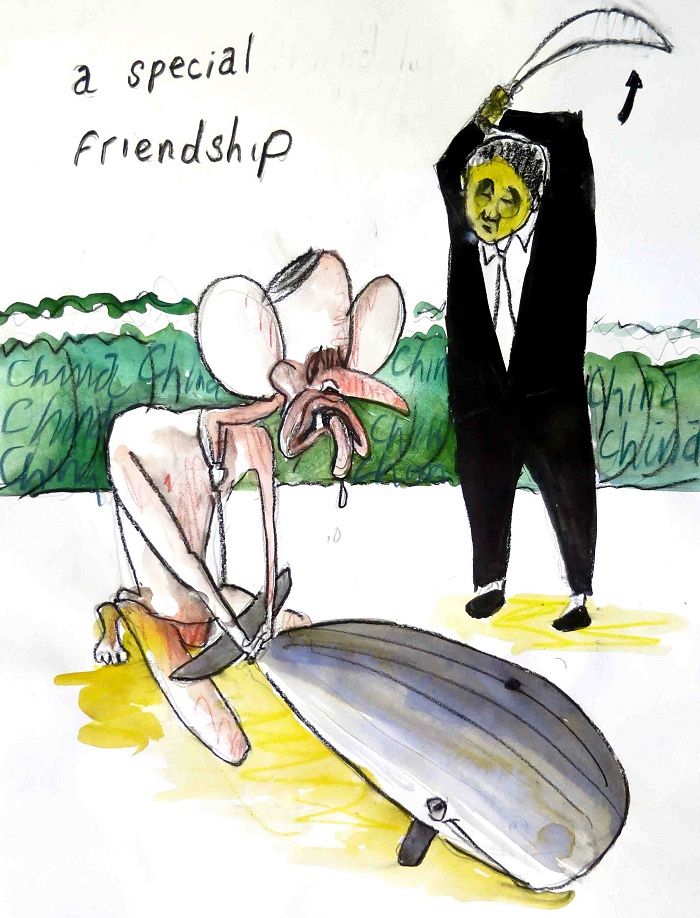Climate change is irrelevant
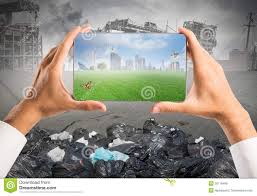
In the argument for investment in renewable energy in Australia, the existence, or non-existence of climate change is irrelevant, writes Warwick O’Neill.
Like most semi-intelligent Australians I accept that all the
scientific evidence provides near definitive proof that things aren’t
looking real bright for our future generations, unless we invest in
renewal energy technologies now. But us semi-intelligent Australians are
no longer the ones who need convincing, are we?
Tony Abbott, Joe Hockey and the rest of this chamber of horrors
masquerading as a Government are the ones who need convincing. But while
I think that deep down the majority of them probably do believe the
science, they all believe much more in the money flowing into Liberal
Party coffers from the likes of Gina, Rupert, and other esteemed members
of the IPA. So do we continue doing things the way that we have been
ever since these people stole the election, i.e. pleading to their
conscience and their desire to leave a clean and sustainable future for
our grand kids? Like that’s ever going to work.
As they say, the epitome of stupidity is to continue doing the same
thing, in the same way and expecting a different result. We need to stop
trying to bash down the front door. We need to stop appealing to their
conscience and instead use their enormous egos and greed against them.
Let’s stop trying to convince them that climate change is real, and
start talking about the only things they care about; economics and
legacy.
These people may be able to stick their head in the sand and deny
climate change, but there are two unmistakable and unarguable truths
which no amount of sand can cover up.
First undeniable truth – our mining resources will run out
eventually. Whether it’s in ten years, fifty years or one hundred years,
unless their God can miraculously replenish our stocks, we will run
out. This will leave Australia with very little to trade and the rest of
the world will be quite happy to say “thank you for your contribution
to our future” while they wave us goodbye.
Even a government which passes the one collective brain cell around
to whoever needs it most can see that this will be an economic disaster.
How to avoid it though? By finding another source of income, something
else which we can sell to an eager world. It would be hard to argue that
Australia, due to its geography, isn’t ideally placed to take advantage
of renewable energy production. Heavy investment in this industry could
potentially reap enormous financial benefits to Australia. Yes, I know
it would buck the trend to have a government in Australia that actually
invests in assets rather than selling them off, but humour me.
We all know that solar is a viable source of energy. If solar panels
the size of an average house roof can provide sufficient power to run
that house, imagine the power output of a 1000 acre solar panel. A few
of these strategically positioned and we go a long way towards providing
enough power to keep this country ‘rocking and rolling’. Government
investment in training could help alleviate the job losses from the
mining sector, and these new solar areas could be the future version of
today’s “mining towns”.
Our other advantage is our fifty odd thousand kilometres of
coastline. Each inch of this coastline is subject to the one of the
truly dependable and predictable sources of energy on this planet –
tides. Tidal energy doesn’t dissipate under an overcast sky or when the
wind stops blowing. Some areas, such as the “Horizontal Waterfalls” near
Broome, have such huge tidal flows that you could imagine, with the
right technology in place, potentially provide enough electricity
generation to supply the entire top end. And this happens twice a day,
every day. But is going largely untapped due to lack of investment.
If any Government properly invested in the research and development
and then implemented these technologies, then solar and tidal power
could see Australia in a position to provide clean energy at least to
the South East Asian region. Our scientists (should we have any left)
could no doubt devise efficient and environmentally friendly ways of
harnessing this power. The sale of the electricity produced, combined
with the manufacture and export of our intellectual property could bring
billions of overseas dollars into our economy, easily paying off the
initial investment and then adding pure profit well into the future.
The second undeniable truth is that no matter how strenuously Tony
Abbott fights against renewal energy, most of the rest of the world,
even China, is already making great strides in establishing their own
sustainable energy industries. This can mean only one thing for the
Australian coal industry – a decrease in the price of coal. The less
demand there is, the less it is worth. Economics 1 0 1. So long before
coal resources run out, they’re going to be worthless anyway. Failure to
start investing now will only mean that the rest of the world will be
so much further in front of us when the time comes and we have no other
option.
That takes care of the economic angle of attack; now let’s stroke
their egos by dangling the carrot of legacy in front of them. Two things
any politician who strives for the top echelons of government have in
common is a massive ego and a desire to be remembered as one of the
giants in history.
Point out to Tony Abbott that he could go down in the annuls of
history as the visionary who set up Australia’s economic position in the
world for centuries to come, and his ego is sure to be soothed.
Actually scrap that. As the “suppository of knowledge” he’d probably
think that he’ll be going down in the annals of history as the
intellectual giant who scrapped the ‘carbon tax’. Sharp as a marble, our
Tony.
But pitch the legacy idea to whoever will be the leader of the LNP
once they rid themselves of Tony, and I’m sure they’ll show some
interest. Maybe the thought of a gilded statue out the front of
Parliament House, honouring their greatness would be enough to overcome
the natural desire of most pollies to only look as far ahead as the next
election.
Take the whole climate change debate out of the renewable energy
argument, and all they are left arguing against is a stronger future
economy and their place in history. We could very well get what we
wanted in the first place, which is investment in sustainable energy and
a brighter, cleaner future. Any military strategist will tell you, if
your initial frontal assault fails, change your plan and take them in
the flank, where they least expect it.
Related Posts
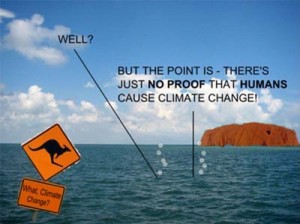 A
A
guest post by TJ Curtis Hated the Carbon Tax? Overjoyed that Flannery
idiot has been given the boot? Tired of hearing urban hipsters blaming
you for melting the polar icecaps? Maybe you proudly deny global
warming, or climate change, or whatever they are calling it this week.
Well, I have a new phrase for…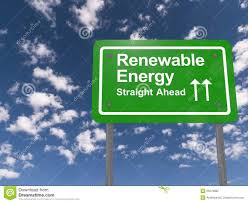 In
In
the field of communication, the transaction of important information is
an integral part of society. Nicole Clark demonstrates, that the future
of the scientific profession in Australia also relies heavily on
communication practice, for delivering important and critical
information regarding the emphasis of Climate Change. In today’s modern
society, in Australia science is failing…
